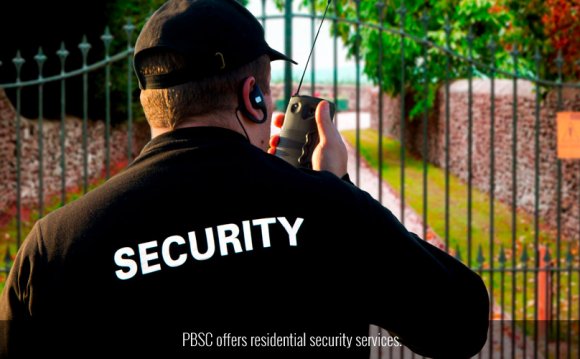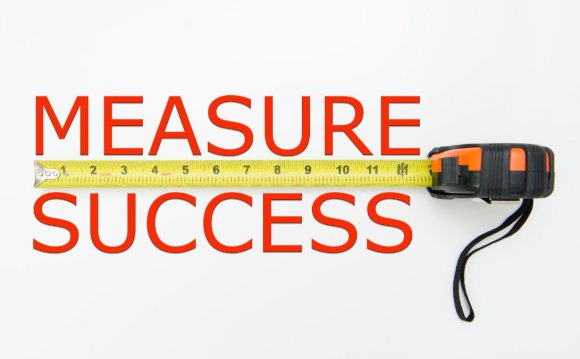
Even before 9/11, the field of security was growing-now security is part of every personnel decision, organizational policy and new building design in the United States. If you want to launch a business in a growing field, security is certainly one of the most happening arenas. And it's not that hard to get into, if you're already familiar with the business: You may be able to adapt skills and experience you already have or move into a new niche and learn from the ground up to carve out a thriving business for yourself.
Consider some of the current specialties in the security field:
Security Consulting
Many people who sell security products call themselves security consultants and they are part of the security field, but there are also security consultants who don't sell products. These individuals are paid on an hourly or project basis to help clients, usually corporations, protect their personnel and property. Property security embraces both real estate and tangible equipment as well as other assets like client lists and proprietary technology. Employee and customer theft as well as piracy are possible focuses for a security consulting practice. Technical security consultants are knowledgeable about products, such as electronic security systems, including their development and how to apply them. The work may involve system design as well as drafting plans and documents.
Computer Security
While virtually all security consultants employ computer technology in their work, the computer security niche specifically involves protecting computer systems and networks themselves against unauthorized use and abuse. A computer security consultant often specializes in particular operating systems such as UNIX, LINUX or Windows.
Site Consulting
Whether it's new construction or remodeling, virtually every building and office-be it a high-tech industrial complex, retail franchise, distribution center, self-storage facility, housing development, hotel, resort, casino, parking lot or law firm-is interested in some aspect of site security. Security site consultants evaluate the physical design of such buildings and spaces, determine what security problems a sites poses and recommend countermeasures, such as guards, electronic security with cameras and electric lights, or a combination of methods and policies.
System Design
Security system designers develop specifications and provide architectural or engineering support in the design phase of a security consulting project. System designers may also develop new electronic security tools to be used at a particular location.
Forensic Consulting
Forensic security consultants serve as expert witnesses in trials in which security breaches are at issue, such as with fires, thefts, break-ins, and so on. Forensic consultants may specialize in any of the above fields.
As a security practitioners, you can also develop niches for your work based on the type of clients you work with, such as museums or historical sites, shipyards and airports. Unlike professional investigators, security consultants don't have to be licensed by state agencies. However, there are professional associations you can join and certification programs you can complete, which may help foster a sense of trust with your clients. One of the larger associations, which provides certification, is ASIS International.
Specializing is key to marketing a security specialty business because it will help you more easily identify and market to clients who need such services, such as architects and contractors or members of a particular industry, such as software developers or law firms. You'll be soliciting work and attracting clients by making presentations and speeches or networking in organizations where you can showcase your expertise. In addition to your knowledge of security, you must be prepared to develop your speaking skills in order to attract new business.
Paul and Sarah Edwards are the authors of 16 books, including Best Home Businesses for the 21st Centuryand the upcoming The Best Home Businesses for People 50+
INTERESTING VIDEO














